- Iterate
- Meet The Team
- How a Mexican Barbecue Led Maricarmen Herrerias Salazar to the Most Disruptive Startup in LatAm Hospitality
How a Mexican Barbecue Led Maricarmen Herrerias Salazar to the Most Disruptive Startup in LatAm Hospitality
The Mexican tech-hospitality startup has already raised over $50M in funding.
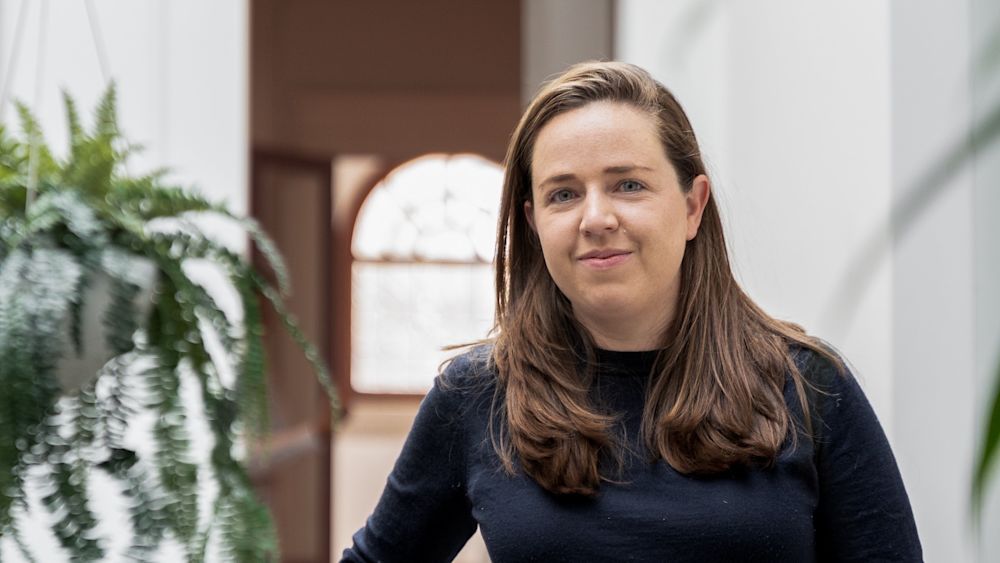
In November 2018, while at a barbecue in her hometown of Mexico City, María del Carmen Herrerías Salazar struck up a conversation with Nico Barawid. Nico, a frequent traveler and fintech executive from San Francisco, was dissatisfied with his recent hospitality experiences in Latin America. Coming from the hospitality industry herself, María empathized with her new friend, and unknowingly, future co-founder.
Post-barbecue encounter, the pair continued the conversation over a three-hour sushi dinner that involved lots of rolls, sake, and financial discussions about operating models. The duo simultaneously realized they shared many of the same values and ideals focused on growth, tech innovation and building a brand. With a joint vision and a dream, they made the decision to create a service that could challenge and change the hospitality industry.
That service turned out to be Casai, a company that provides travelers with premium accommodations, locally sourced designs, and smart home technology. The Org had the opportunity to interview the Casai co-founders and understand their journey toward creating what they proudly call a hospitality concept for the nomadic generation.
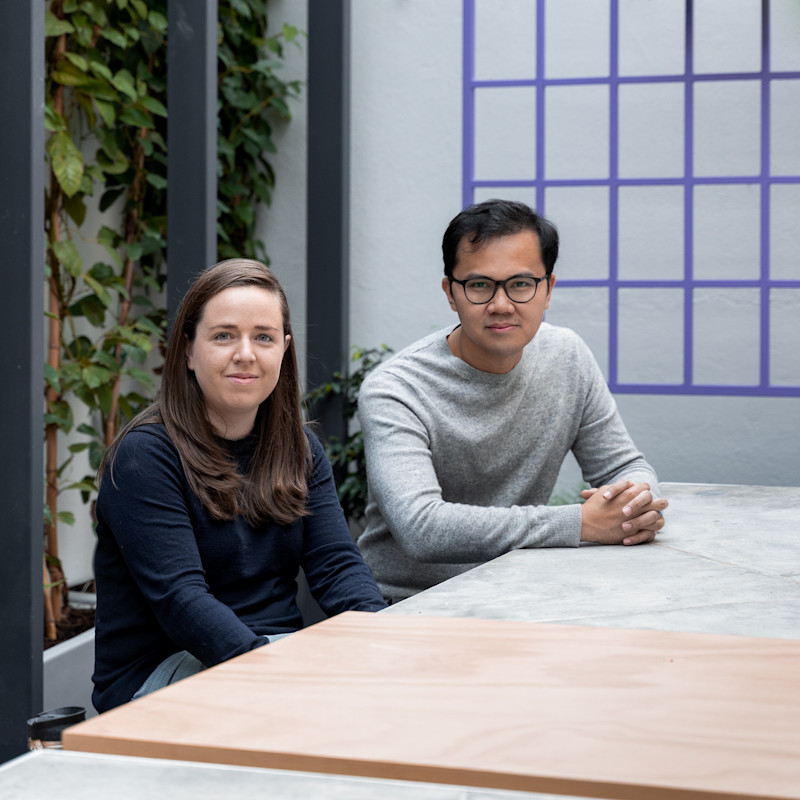
In early 2019, when María was confronted with the decision to found a startup or leave her financial role at Grupo Presidente, one of Mexico’s largest restaurant and hotel operators, she realized that the only way to truly achieve the industry change she envisioned was to do it herself. Industry practices were slow and outdated, and the use of technology was completely underestimated. On occasion, restaurants had to change their entire menu just because the price of a single item had gone up a few cents — a seemingly unnecessary and impractical habit.
Nico and María visualized how they could revolutionize the industry and “create a hospitality model with the locality of short-term rentals, the consistency of a Hilton, and with technology at its core.” María thought, “I’m 33 years old, and it’s the last chance I have to do something like this and start from zero.”
Committed to the idea, they launched the first Casai listing in Mexico City in February 2019 with $15,000 in personal capital. They immediately knew they had made the right decision when they received a reservation the day after from a well-known actor.
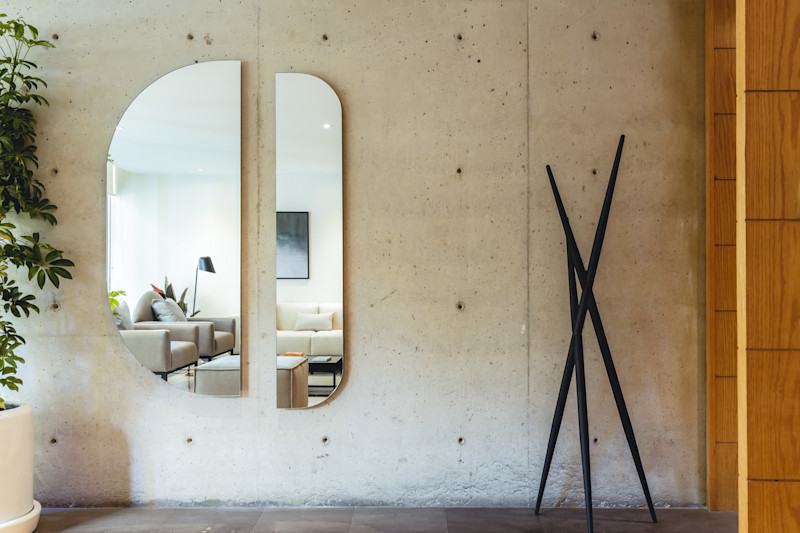
Casai is not just another apartment rental platform; they view themselves as a technology company that offers hospitality services. The technical team is currently the largest in the company, and they plan to keep it that way.
When building Casai, María and Nico knew they had to have clear value added with services and offerings that would convince travelers to stay with them.
Technology: Casai is the only hospitality company in the world that has hardware R&D. “We’ve developed our own smart lock software because we know the check-in experience is a crucial aspect for travelers, and our biggest opportunity to make a great first impression,” Nico says. Casai apartments also have “butler sensors” that constantly monitor different inputs to make sure guests are as comfortable as possible. Superfast internet, access to Netflix, and smart home devices are now an essential part of what the modern traveler is looking for in accommodation, Nico says.
Data: Data is everything, and Casai knows it. “We put great effort into knowing who our guests are, what they like, understanding their needs, and defining the product around them,” María says. The team gathers detailed data from all interactions they have with clients. For example, they have a clear indication of user preferences based on how long people hover over certain images on the website. Open space concepts and apartments with terraces have the longest view times. This valuable information helps them with everything from the design process to reimagining the guest experience.
Local Craftsmanship: Seeking a consistent experience for clients across all listings is a priority, but María says “it’s crucial for guests to wake up in a certain city and know they are in that city.” To achieve this, they heavily rely on local artisans, crafts, and designs. Over 90% of the furniture on display is from local artists and they put great pride in supporting local everything: from shampoo to coffee and artwork. “We are at our core a LatAm company and need to support the environments in which we operate,” Nico says. “We deeply care about being Latin American.”
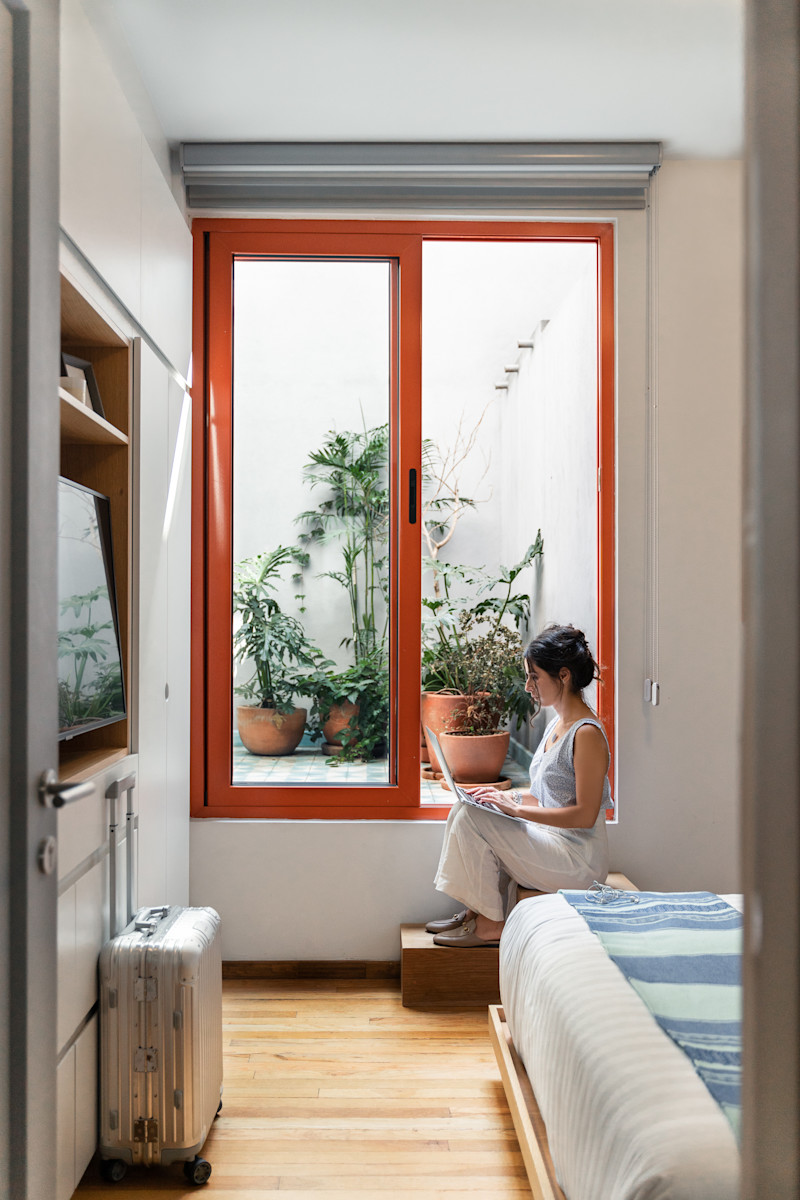
Casai attracted immediate interest from two of LatAm’s largest and most active investors, Monashees and Kaszek Ventures, who have previously funded companies like Pipedrive and PedidosYa. In just four short months, from ideation in November 2018 to the first listing in early February of 2019, the duo raised a $5M seed round.
With this funding, María and Nico grew their roster of listings. They hired employees from all backgrounds, including interior design, real estate, HR, and software engineers — all while trying to build a cohesive culture.
Fast forward to 2020 and with the world on lockdown, Casai saw its occupancy drop substantially by April. Focused on making it through these unfortunate events, they doubled their efforts and fixated on achieving one milestone at a time. Nico says that agility, especially in the context of macro-instability, was a very important factor for them to overcome this unforeseen roadblock.
In the middle of adversity, Casai was still able to triple its listings. By August 2020, occupancy was at 80%, giving investors heightened confidence and attracting a new set of courters. In October 2020, the company raised an additional $48M in a Series A and debt financing round from Andreesen Horowitz and TriplePoint Capital. These funds will be used to further technological R&D and international expansion efforts.
María says that more women (and all those wishing to become entrepreneurs) should trust themselves. “We think there are more barriers than the ones there actually are and this holds people back more than it should, María says. “Even though traditionally, women’s voices are not heard as much as men’s, startups are beginning to change this, and I’m incredibly proud to be part of the movement.”
When asked about their incredible fundraising achievements, María and Nico are “humbled by the size of what they need to do.” They count success by the impact they’ve had and neither of them has reached a level where they consider themselves super successful. They are “just beginning to train for the marathon ahead” as Nico puts it.
“Don’t be scared about jumping,” María says. “It’s worth it. I don’t sleep anymore, but it’s been worth it.”
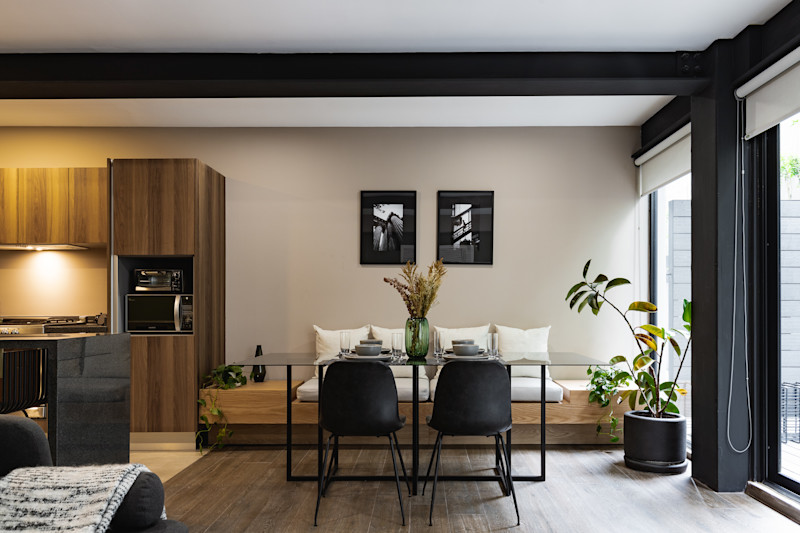
Create your own free org chart today!
Show off your great team with a public org chart. Build a culture of recognition, get more exposure, attract new customers, and highlight existing talent to attract more great talent. Click here to get started for free today.
In this article


The ORG helps
you hire great
candidates
Free to use – try today